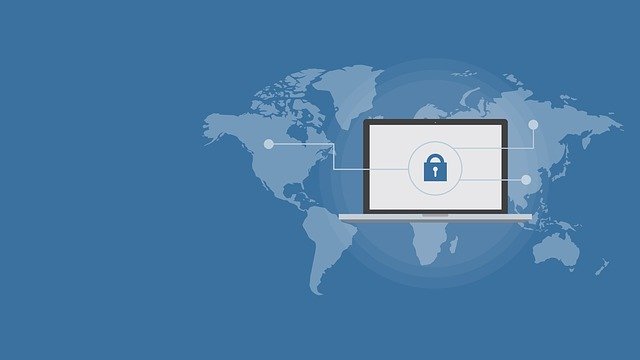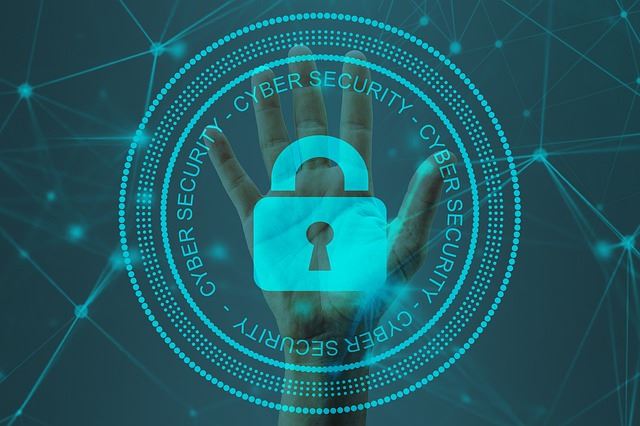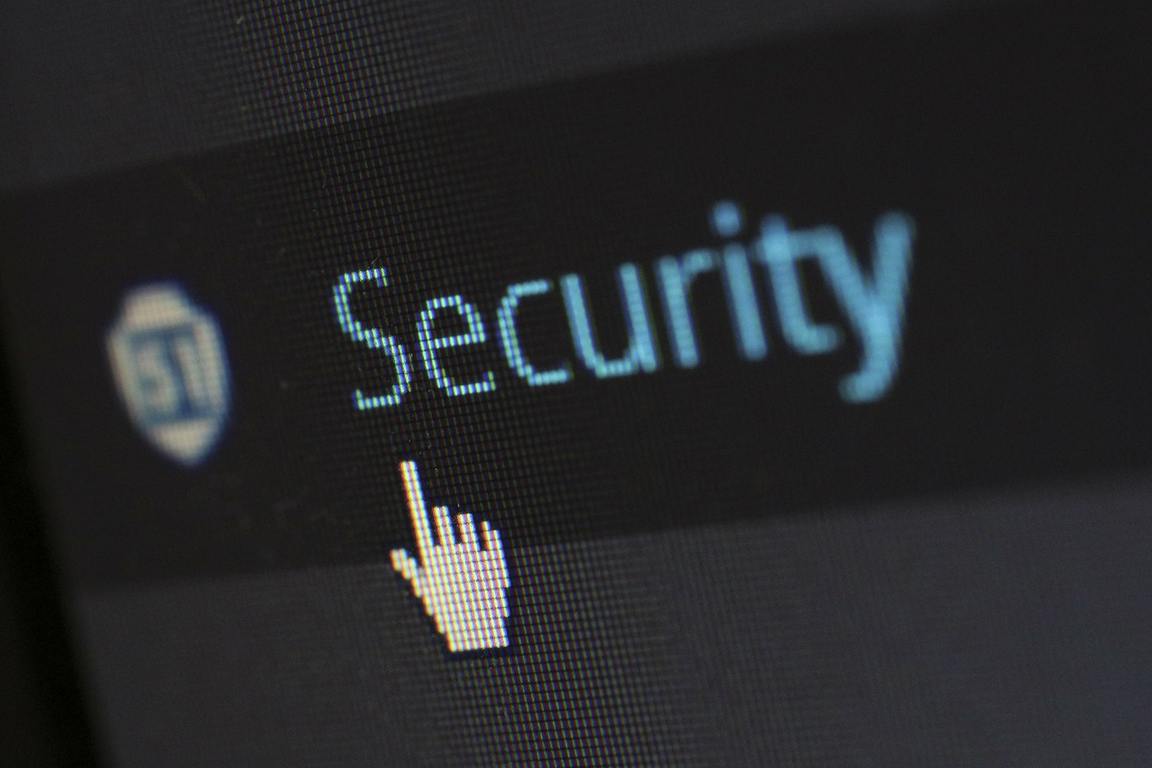
Most people visualize lines of unintelligible code and complicated infrastructure whenever they hear the term “cyber security.” There certainly are some complicated systems that governments and corporations implement to keep their sensitive information from getting into the wrong hands.
However, you don’t need to be a head of state or an executive of a multinational corporation to reap the benefits of practices that will help you stay safe online and prevent third parties from accessing your private information. Experts from Bulletproof, a top online security firm, unanimously agree that spreading individual awareness of simple data protection practices is the first step towards limiting malicious actors’ scope of ability when it comes to exploiting people over the Internet.
Keeping yourself safe from hackers is no rocket science. Keep reading to learn some of the simplest cyber security tips you could start implementing right away!

Tape Over Your Front Camera
This is one of the most hotly debated practices when it comes to protecting yourself on the Internet. Many people discard the severity of the threat of someone hacking into their laptop’s camera, but the truth is that this can be done fairly easily. The feed from your computer can then be streamed onto one of the countless sites on the darker part of the web that allow perverts to peep on men and women going about their day. An absolutely disgusting practice.
As greasy as it may seem, there is actually a huge market for such footage. While it’s highly impractical to put tape over the camera on your mobile device, you really should do so on your laptop. Even the FBI recommends it, so you should know that it’s not something to be taken lightly.
Use Multi-Factor Authentication
You may have already utilized this tip without even knowing about it. The most popular social media applications have included two-factor authentication as an option for accessing your account whenever you’re logging in on a new device. They actively encourage it, too. If a website you log onto fairly frequently doesn’t have that option, there are plenty of software options that fill that gap and can help you authenticate your logins to virtually any domain.
The premise of this authentication method is very straightforward. After correctly typing in your password, you’ll be prompted to put in code you can receive via text message or e-mail. This prevents hackers from accessing your social media accounts and accessing private information. It’s a simple barrier, but an unbreakable one.
Use a VPN

Unless you’re only connecting to the Internet at home and work and never use public Wi-Fi networks, VPN software can help you stay anonymous online. Not only does it protect you from criminals who could potentially use your IP address to track down your exact location, but it also keeps you safe from ad companies and government surveillance.
Using a VPN can increase your cyber security because it changes your IP address and hides your true location. It does so via creating an encrypted “tunnel” connection with the provider’s server in a remote location abroad. The outgoing signal passes through that tunnel, giving the impression as if you were connecting from somewhere else.
Don’t Get Too Comfortable
One of the most strictly obeyed rules in the world of fitness freaks, martial arts enthusiasts, and war strategists is the tenet that you should never let your guard down and rest on your laurels. It provides your enemies with the opportunity to strike and deal more damage.
As it turns out, it’s also one of the best cyber security tips. Many applications, for smartphones and PCs alike, provide you with the option to save your credit card information and use it for future purchases. While the premise of one-tap buying sounds amazing, it’s a pretty significant blow to your security. If your device gets hacked, the thief will not only have access to your texts, e-mails, and social media but also to more sensitive data, allowing them to spend all of your hard-earned money.
Look Into Encryption Software
Unless you don’t care about malicious actors looking into your private conversations and messages, you should seriously think about installing encryption apps on your devices. It will help you make sure that in the unlikely scenario that your information gets intercepted, the hackers won’t be able to decipher it. Without the right encryption key, it’s impossible to crack the gibberish your messages would show up as, ensuring that only you and your messages’ addressees can read and understand them.
Final Thoughts
Cyber security is increasingly important in our Internet-reliant society. You can’t simply “go offline” and expect to work over the Internet, but you can take the right steps to make sure that all of your data is safe and sound. Remember – don’t ever compromise security for convenience. That’s exactly what allows most cyber thieves to get into your devices. As long as you follow the cyber security tips outlined above, the likelihood of you running into any problems will be decreased significantly.
Author
Maciej Grzymkowski – an avid traveler with a particular affinity for Southeast Asia, mostly due to the sheer amount of technological innovation that comes out of there. I firmly believe in the power of open-source software and giving developers the recognition they deserve.

Learn About IT Solutions Running Today's Hotels And How Everyone Benefits From Them - Brontobytes Blog
[…] that often serves as a problem for hotels victimized by a data breach. IT solutions can help improve the digital security of hotels as well. While it cannot fully prevent it, it does help lessen the risks […]